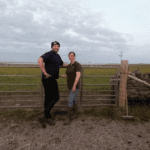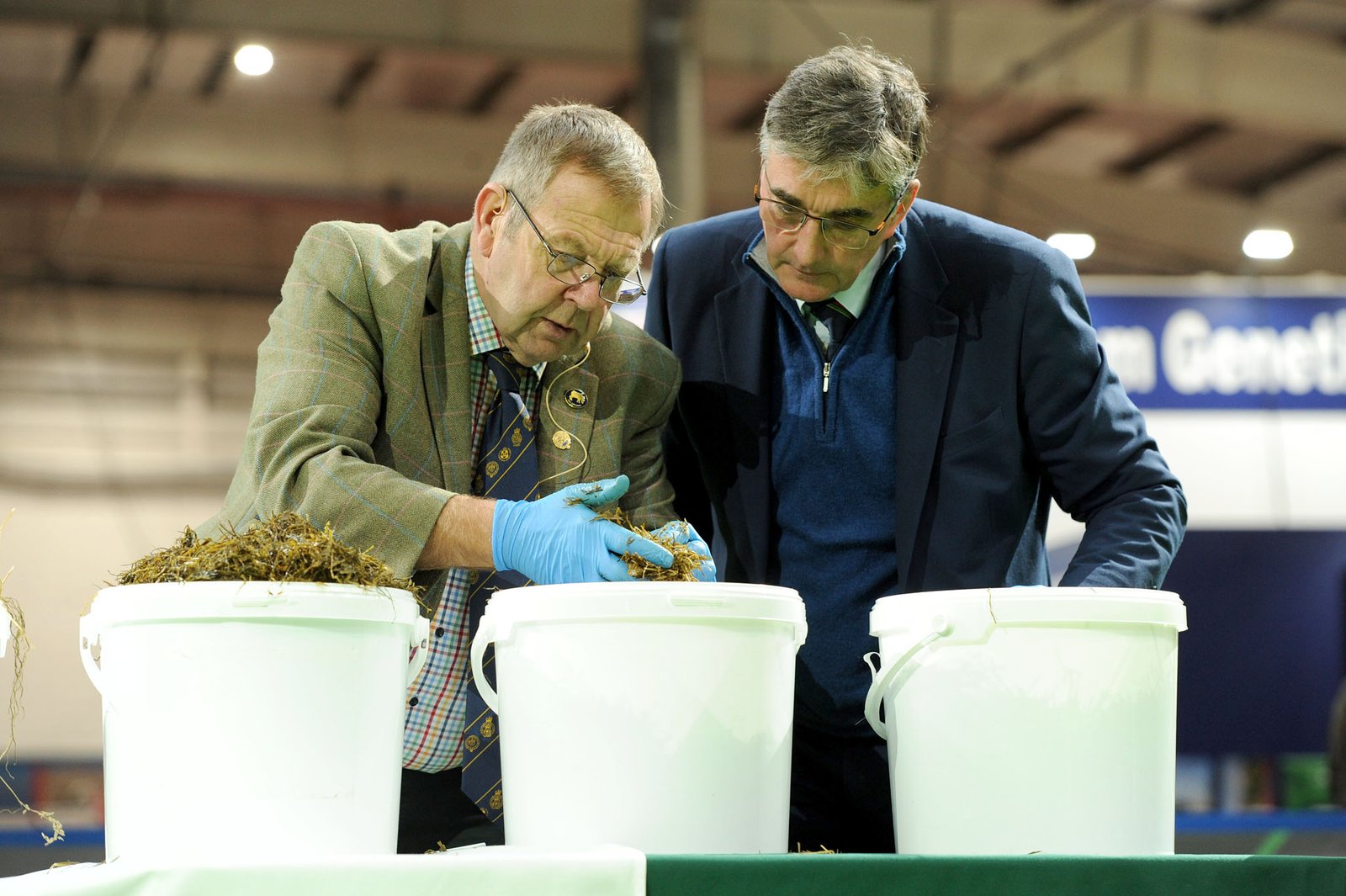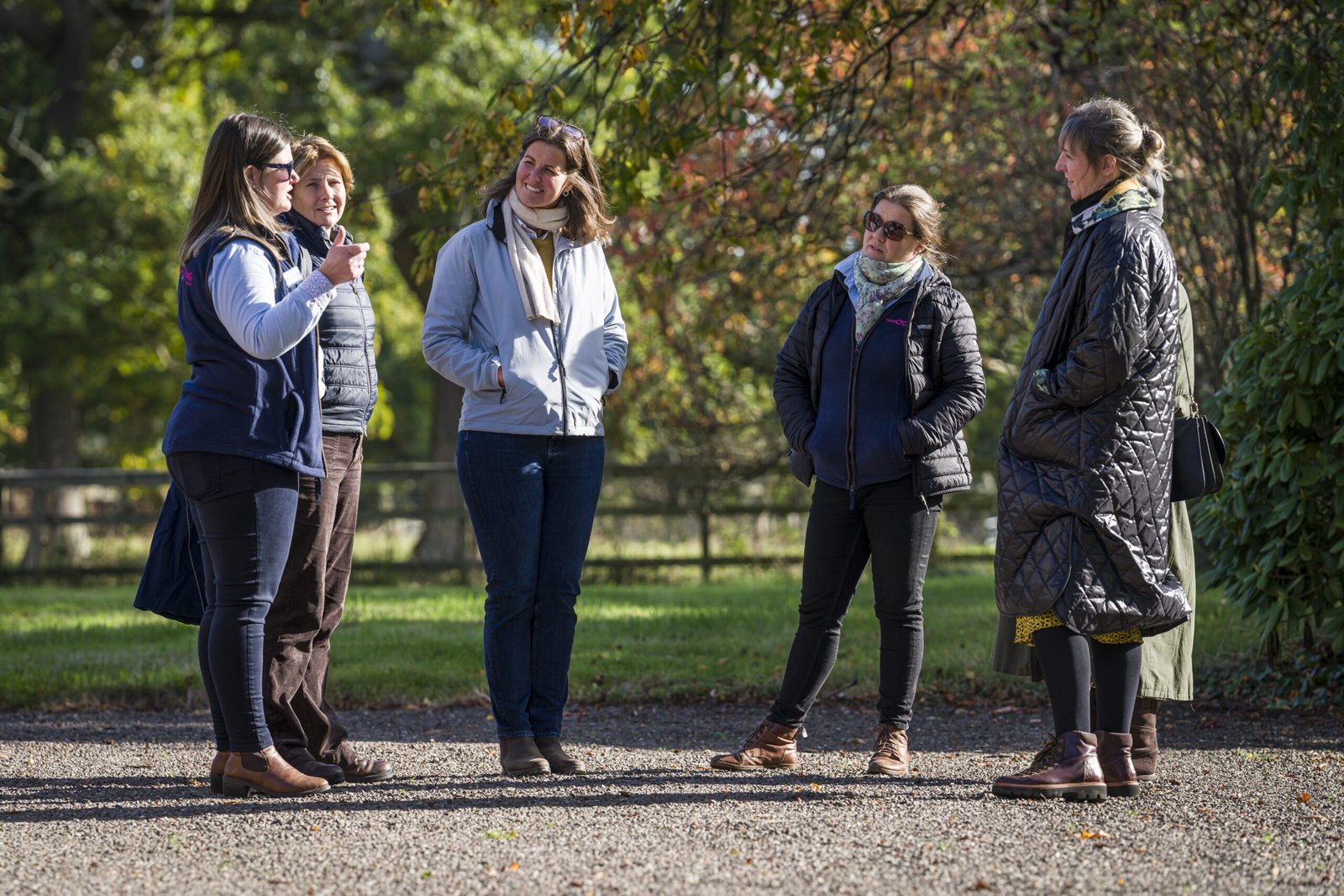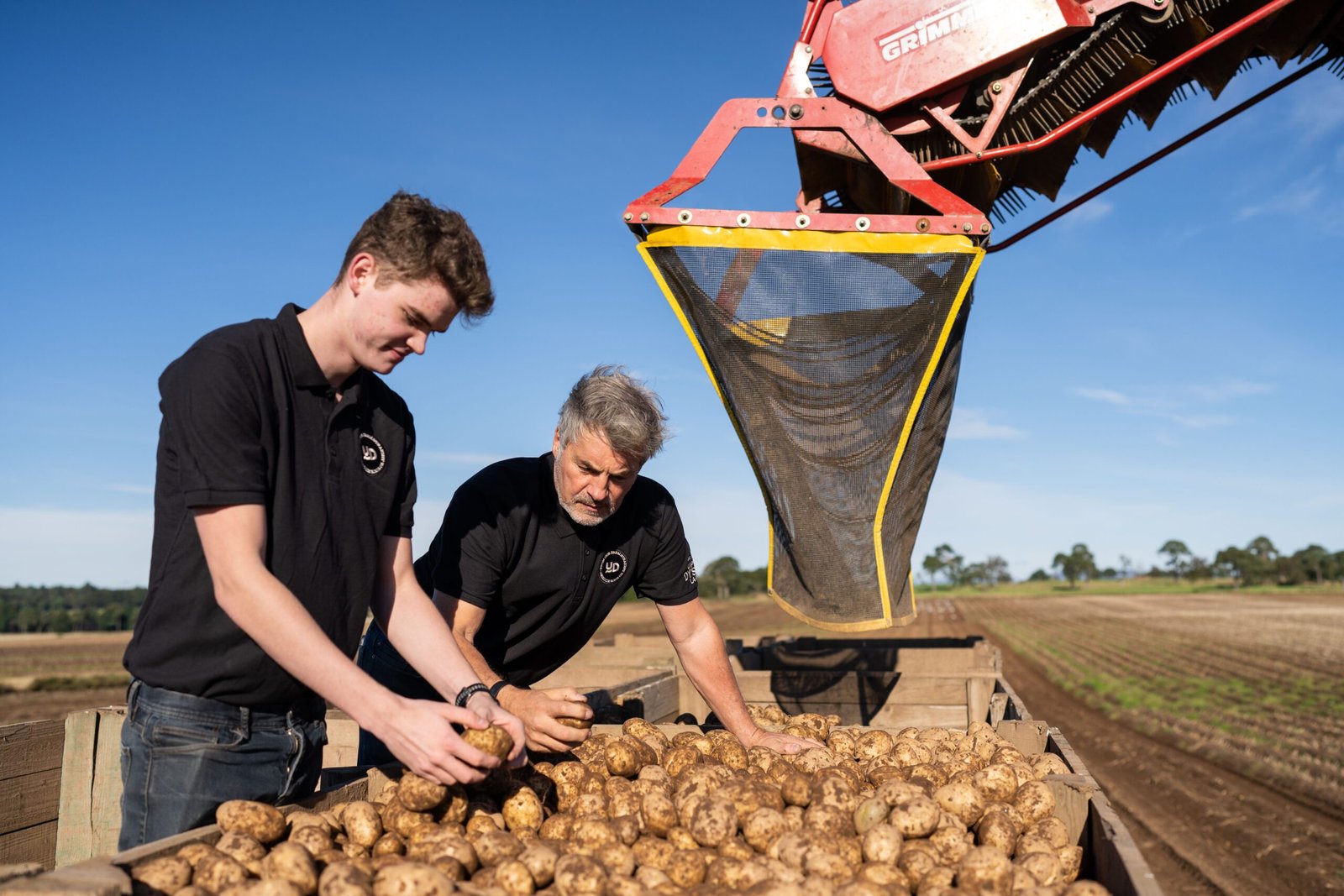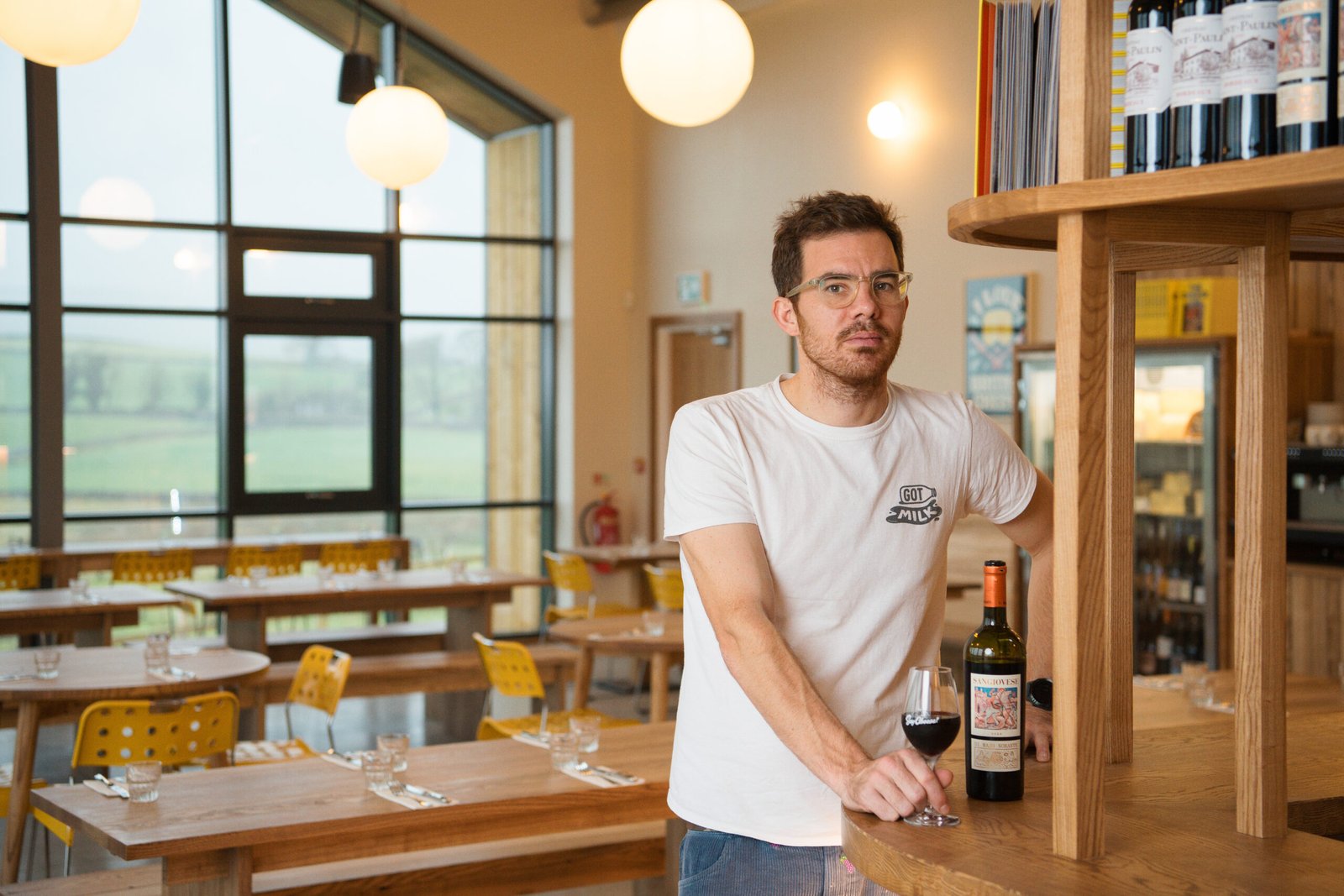THE Scottish Government’s land reform plans run the risk of ‘failing rural Scotland for generations’ if the private business sector’s economic and environmental contribution is not embraced.
Speaking at the annual conference of Scottish Land & Estates – which represents rural businesses across Scotland – Mark Tennant, chairman of the organisation, said: “If the Scottish Government is to reach net zero by 2045, rural businesses will be required to play a major part. We are on the brink of yet more land reform legislation which could fail rural Scotland for generations if we do not get it right.
“Land and estate businesses wholeheartedly support the concept of change to meet the needs of rural communities, to create economic opportunities and to play a key role in the journey to net zero.
“It is important that any legislation gets the balance right of enabling rural businesses to deliver benefits, without stifling innovation and investment.”
Lord Offord of Garvel, Parliamentary Under Secretary of State to the Scotland Office, gave a keynote address at the SLE conference in Edinburgh today, and Cabinet Secretary for Net Zero and Just Transition Màiri McAllan MSP provided a pre-recorded statement for attendees.
The Scottish Government is bringing forward a new Land Reform Bill – the third since the establishment of the Scottish Parliament – which intends to subject rural estates to a raft of new regulations to address what it describes as ‘adverse’ impacts of large-scale landownership.
Mr Tennant said: “The investment needed to reach net zero is huge and goes way beyond what government can do alone. It will require serious amounts of investment from the private sector and this is best delivered at scale, as opposed to a counter-productive political pursuit of increasing fragmentation of landownership.
“The reality is that most estate businesses are anchors and economic powerhouses in their local economies and policy makers must take the rural business sector seriously as a delivery partner.”
Earlier this year a landmark report was produced BiGGAR Economics on the contribution of estates to Scotland’s Wellbeing Economy which includes measuring social, economic and environmental achievement.
The report found that estates are delivering on seven out of 11 benchmarks set by Scottish Government on progress towards a successful wellbeing economy and generate around £2.4bn GVA, provide homes for nearly 13,000 families and land for around 14,000 rural enterprises.
The report’s authors said that estates were ‘providing the kind of private investment that will allow the Scottish Government to deliver on its priorities’.
You Might Also Like:
Mr Tennant said today: “We believe the Scottish Government must seriously consider what exactly it wants to achieve with its current land reform proposals. There is a simple question for the Scottish Government about what it considers more important – achieving fragmentation of ownership or attracting large-scale investment to achieve net zero?
“Recent research confirmed the huge role estates play in supporting approximately 57,300 jobs – around 1 in 10 rural jobs – and generating an estimated £2.4 billion GVA per year. Yet the proposals risk endangering the substantial finance needed for landscape level projects to reach net zero.
“We know that estates are already delivering the priorities of the Scottish Government, rural communities and economies – and crucially, Scotland’s environment. Our message – work with us to do even more.”





